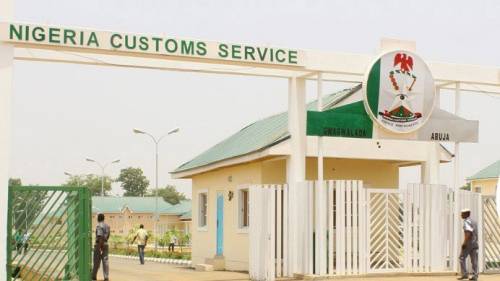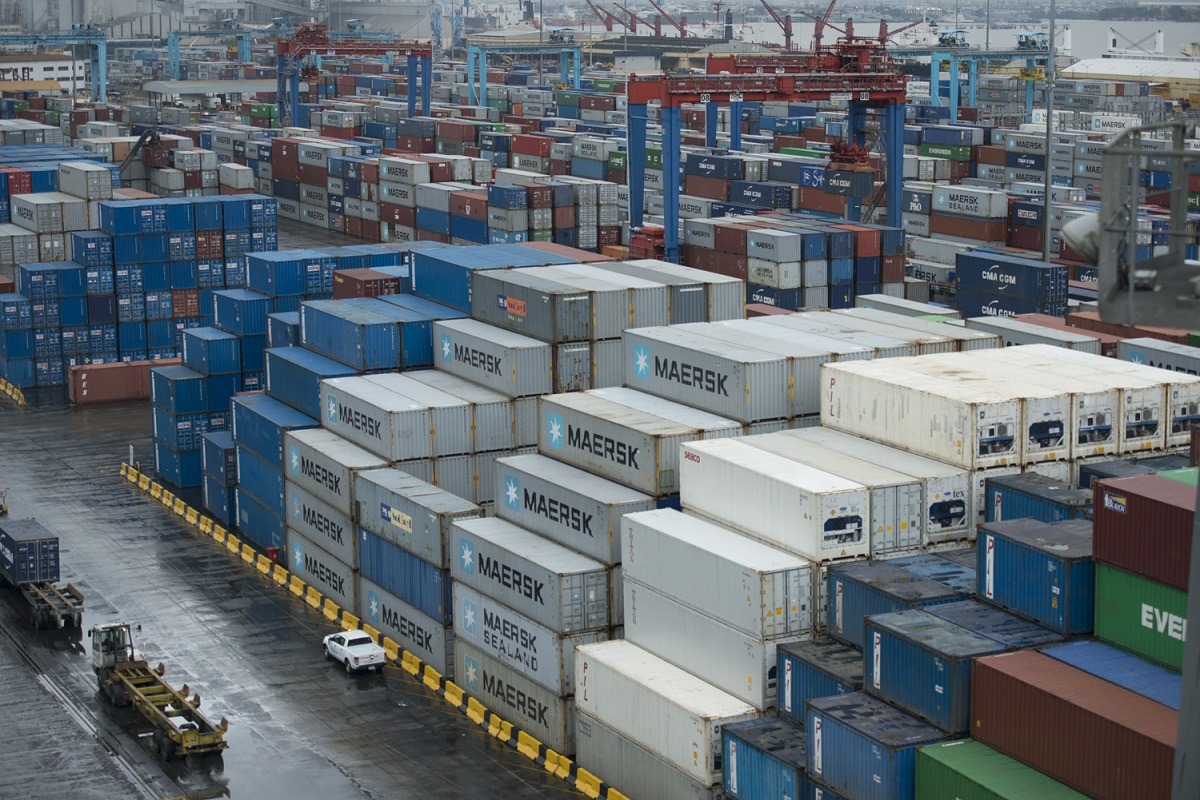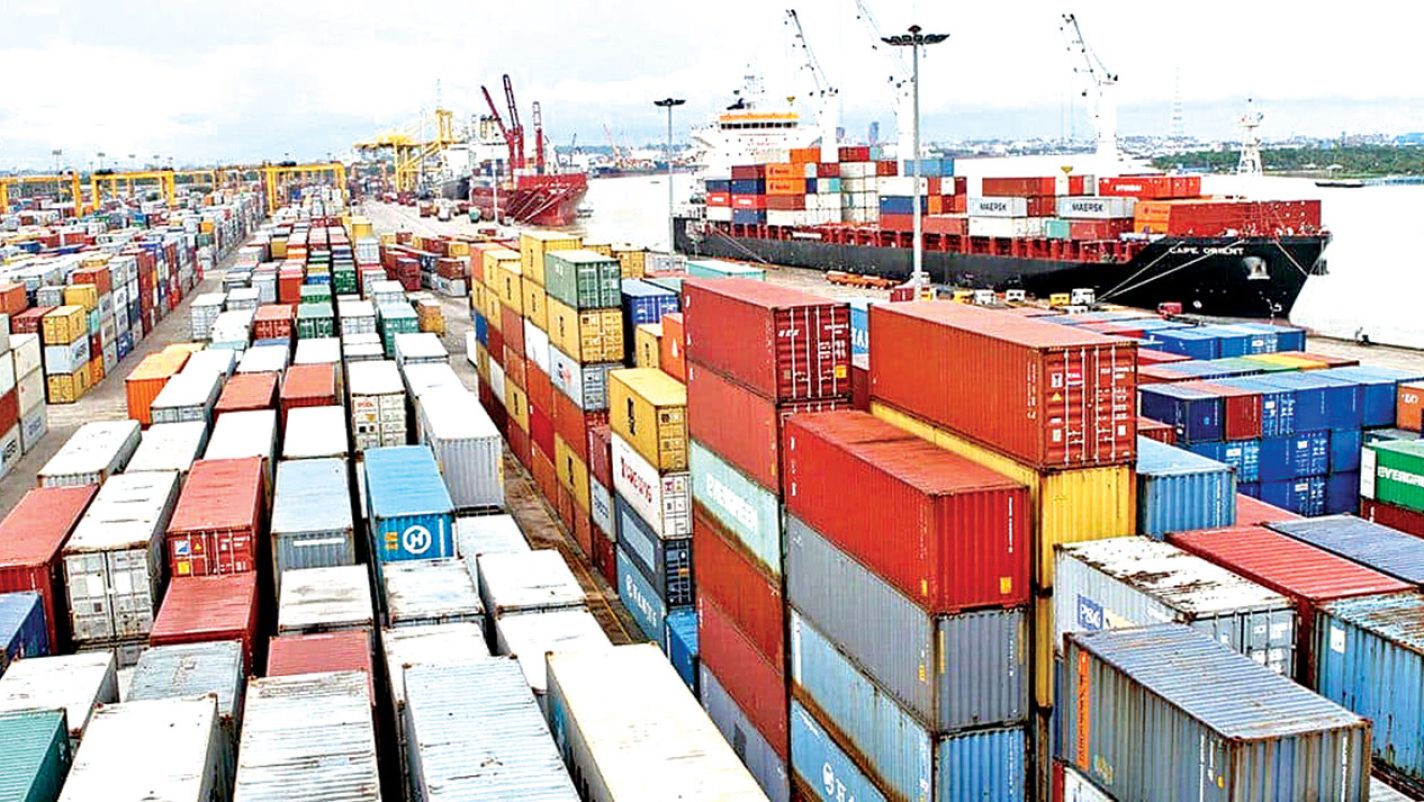Nigeria’s Customs Service has decided to put a hold on the proposed 4% charge on imported goods. The decision came after discussions with Finance Minister Olawale Edun and business leaders who expressed concerns about the impact of the fee on trade.
The Customs Service initially planned to introduce the charge to replace the 1% fee previously paid to private firms like Webb Fontaine for handling import inspections. However, following pushback from importers and manufacturers, the agency has chosen to suspend the new system to allow for further consultations.
Join our WhatsApp ChannelCustoms Explains Suspension of 4% Charge

Abdullahi Maiwada, the spokesperson for Nigeria’s Customs Service, confirmed the decision in a press statement. “The suspension period will allow the Service to further engage with stakeholders while ensuring proper alignment with the Act’s provisions for sustainable funding of these modernisation initiatives,” Maiwada stated.
He emphasised that the delay would not only allow for more discussions with affected businesses but also provide an opportunity to showcase improvements in customs processing. One of these improvements is a newly introduced system known as B’Odogwu, designed to make the import process faster and more efficient.
READ ALSO: NASS Increases Customs Revenue Projection To ₦12trn
New Fee Aimed at Modernising Customs Operations
The Customs Service initially introduced the 4% charge to raise funds for upgrading its systems and equipment. The revenue from the fee was expected to support projects like advanced container scanning technology, improved integration with other government agencies, and risk assessment tools to detect fraudulent shipments.
Despite these planned benefits, businesses raised concerns over the financial burden the new charge would impose on importers. Many feared that the cost would ultimately be passed on to consumers, leading to higher prices for goods in the market.
Importers Can Continue Using the Old System
For now, businesses will continue to operate under the previous 1% inspection fee system while the discussions between Customs, business leaders, and the government continue. The Customs Service has assured stakeholders that it will announce a new timeline for the implementation of the charge after thorough consultations.

The decision to suspend the fee comes as a relief to importers and manufacturers who had warned that the extra cost could make operations difficult. Many in the business community had called for a review of the policy to ensure that trade remains smooth and competitive.
What Happens Next?
The Customs Service has not yet provided a new date for when the 4% import charge will take effect. Officials say further discussions with stakeholders will determine the next steps.
For now, businesses and importers are watching closely to see how the situation unfolds. Many hope that any future changes will be made with their concerns in mind, ensuring that trade in Nigeria remains efficient and affordable.
Emmanuel Ochayi is a journalist. He is a graduate of the University of Lagos, School of first choice and the nations pride. Emmanuel is keen on exploring writing angles in different areas, including Business, climate change, politics, Education, and others.
- Emmanuel Ochayihttps://www.primebusiness.africa/author/ochayi/
- Emmanuel Ochayihttps://www.primebusiness.africa/author/ochayi/
- Emmanuel Ochayihttps://www.primebusiness.africa/author/ochayi/
- Emmanuel Ochayihttps://www.primebusiness.africa/author/ochayi/
















